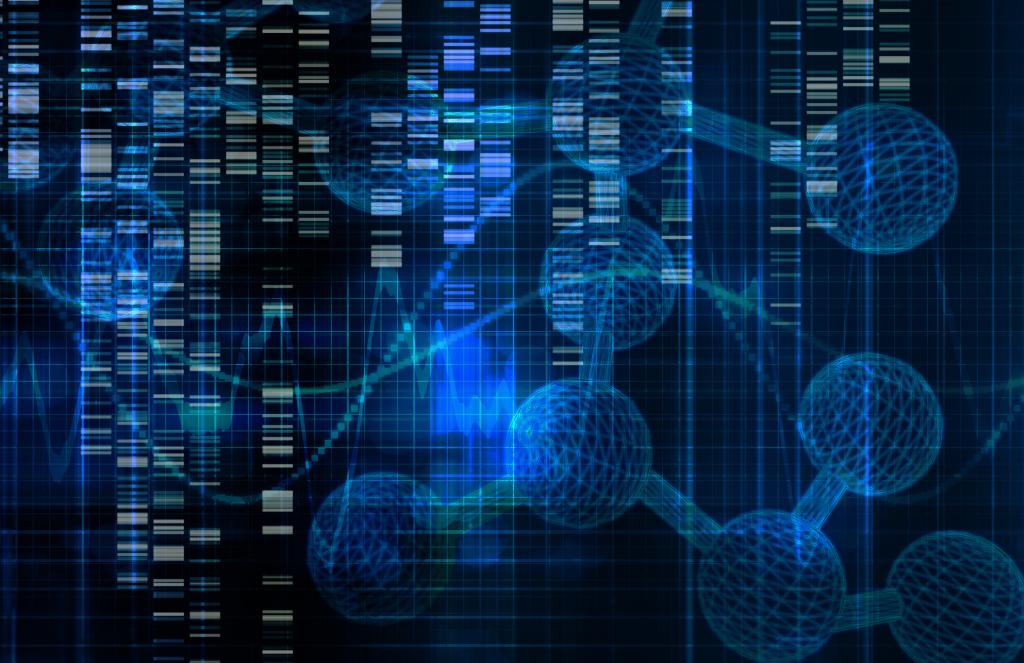Admission CTAs
Mason researchers identify targeted therapies to benefit women with breast cancer
Emanuel Petricoin, Co-Director, Center for Applied Proteomics and Molecular Medicine (CAPMM), and Julia Wulfkuhle, Research Professor, CAPMM, received funding for: "The I SPY 2.2 TRIAL: Evolving to Imaging and Molecular Biomarker Response Directed Adaptive Sequential Treatment to Optimize Breast Cancer Outcomes."
As part of this project, CAPMM researchers will receive frozen or Formalin-Fixed Paraffin-Embedded (FFPE) breast cancer tissue sections as well as serum/plasma samples.
The ISPY-2 TRIAL is the amongst the most widely known personalized medicine trials in the world today and pioneered the use of adaptive design strategies for rapid identification of targeted therapies that could benefit women with Stage II-III breast cancer. CAPMM has been involved with the ISPY1 and ISPY2 trials for more than 15 years wherein CAPMM utilized its unique proteomics technology, the Reverse Phase Protein Array (RPPA) coupled to Laser Capture Microdissection (LCM) to identify tumor protein biomarkers that can predict which patient are most likely going to respond to different therapies. These tumor protein biomarkers that CAPMM has discovered in ISPY2 are currently being prospectively evaluated for use in ongoing ISPY2 precision oncology efforts.
The most recent funding allows the team to perform laser capture micro dissection (LCM) procurement of enriched tumor epithelium, defined stroma, and immune compartments on all tissue samples. They will lyse and analyze LCM captured cells via reverse phase protein array (RPPA) based protein pathway activation mapping, quantitatively measuring over ~200 key proteins and phosphoproteins. The researchers will also isolate exosome from all serum/plasma samples and also lyse and analyze it by RPPA.
ISPY/USCF investigators will send data and CAPMM researchers will jointly analyze it with them. CAPMM researchers will participate in data analysis and interpretation, presentation of data at conferences and publication. More than 3000 women at over 25 clinical sites around the US have enrolled in ISPY-2 since inception.
